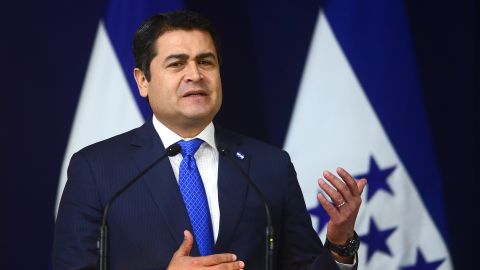
By David Scollan, 2L
This week, Honduras’ Supreme Court approved the extradition of the country’s former president, Juan Orlando Hernández, to face narcotics and weapons trafficking charges in the United States. He is accused, among other charges, of participating in a wide-ranging drug-trafficking scheme between 2004 and 2022. Notably, his relationship with drug cartels and their leaders, like the notorious “El Chapo”, is at the center of the indictment and investigation. Specifically, Hernández is accused of accepting millions of dollars’ worth of bribes to allow major cartels critical transitory accessthrough Honduras as a linchpin Central American state.
Indicting a former foreign head of state is all but unheard of. Further, seeking extradition to stand trial in a U.S. courtroom presents a landmark shift in the use of domestic federal criminal law to hold the powerful accountable. Far too often, the powerful evade justice; perhaps Mr. Hernández’s case will break the mold.
For years, Hondurans largely expected Mr. Hernández would avoid criminal liability under the shield of diplomatic immunity afforded heads of state. However, as Hernández’s term as president ended this past January, he is now a private citizen. In a shift in policy, the successor government in Tegucigalpa is cooperating with its counterparts at the U.S. Department of Justice. Hernández has been jailed since mid-February and his assets seized.
These developments pose a promising opportunity for the Department of Justice to serve a complementary role in prosecuting the powerful for criminal conduct under our domestic laws when their home countries may not have the capability or political context necessary to support that kind of institutionalized legal accountability process. Should Hernández’s extradition occur and his case be tried, it would represent not only a “win” for those who have suffered from his cozy relationship with drug kingpins, but also the notion that justice should apply equally to all.




